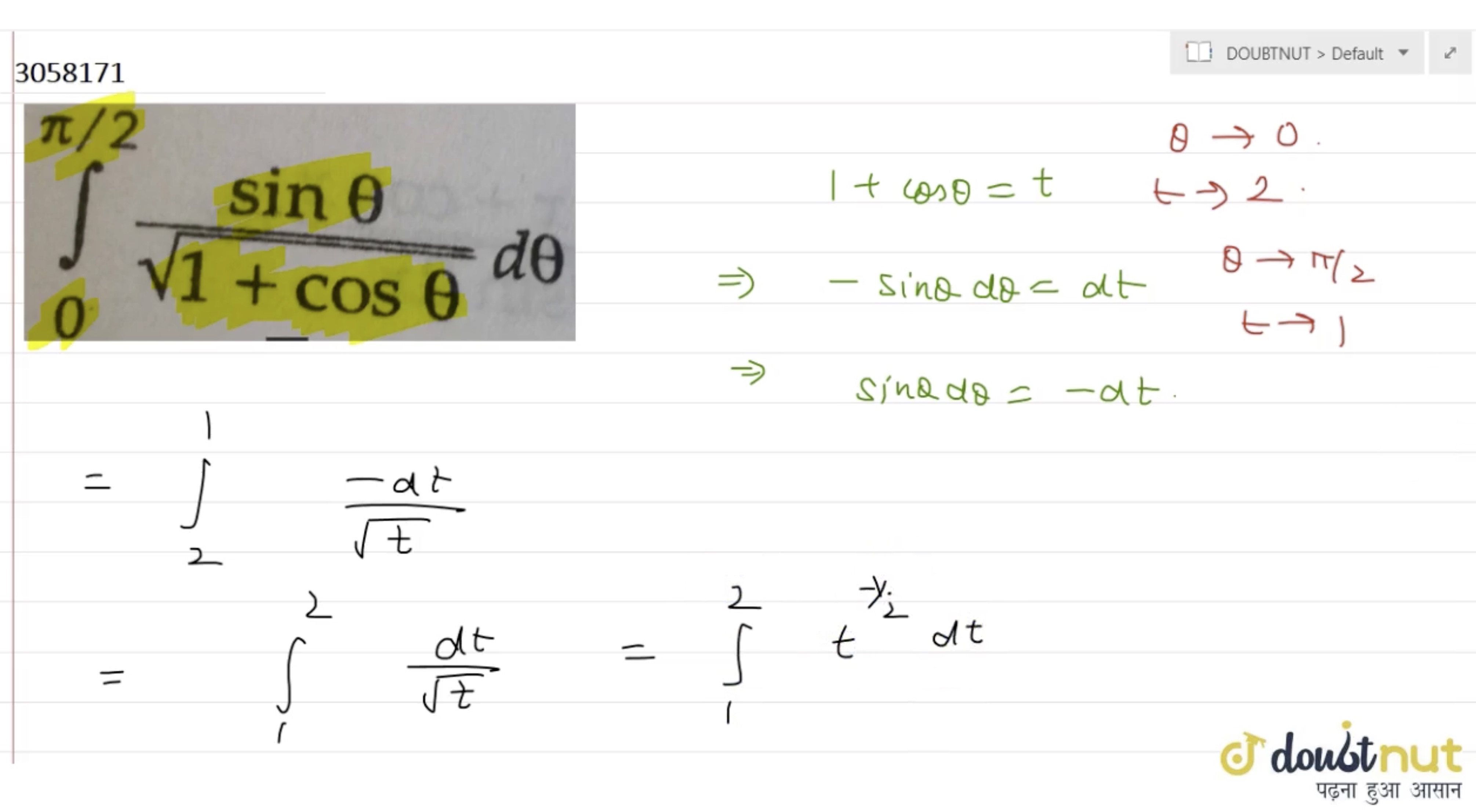Byju’s is in advanced stages of talks to acquire Doubtnut, a two-year-old education learning app, as the Indian edtech giant looks to expand its reach in smaller cities and towns in the world’s second largest internet market.
Three sources familiar with the matter told TechCrunch that the acquisition offer from nine-year-old Byju’s values the younger startup between $125 million to $150 million. The talks haven’t finalized yet and its terms could change or the deal could fall apart, the sources said.
A separate source familiar with the matter told TechCrunch that Facebook-backed Unacademy also held preliminary talks with Doubtnut but they are no longer engaging while some investors have suggested the startup to remain independent.
Byju’s and Unacademy declined to comment. One of Doubtnut’s founders did not respond to a text message sent to them Friday afternoon.
The sudden interest in Doubtnut comes as the two-year-old New Delhi-based startup’s app has attracted millions of new users in recent months, most of whom live in smaller cities and towns across India.
Byju’s, which has over 55 million registered users, has a better hold on urban Indian cities. The startup sees Doubtnut as a way to expand its reach in tier 2 and tier 3 Indian markets and tackle the online learning opportunities in a more comprehensive way.

Doubtnut, which has raised $18.5 million to date including $15 million in its Series A financing round earlier this year, allows students from sixth grade to high-school solve and understand math and science problems in local languages. Doubtnut app enables students to take a picture of the problem, and uses machine learning and image recognition to deliver the answers through short-videos.
A student can take a picture of the problem, and share it with Doubtnut through its app, website, or WhatsApp and get a short video that shows the answer and walks them through the procedure to tackle it.
In late January, Doubtnut said it had amassed over 13 million monthly active users across its website, app, YouTube, and WhatsApp channels. More than 85% of its users at the time came from outside of the top 10 cities in India, the startup said in a statement then.
from TechCrunch https://ift.tt/2Vlx3C1
via IFTTT
Comments
Post a Comment